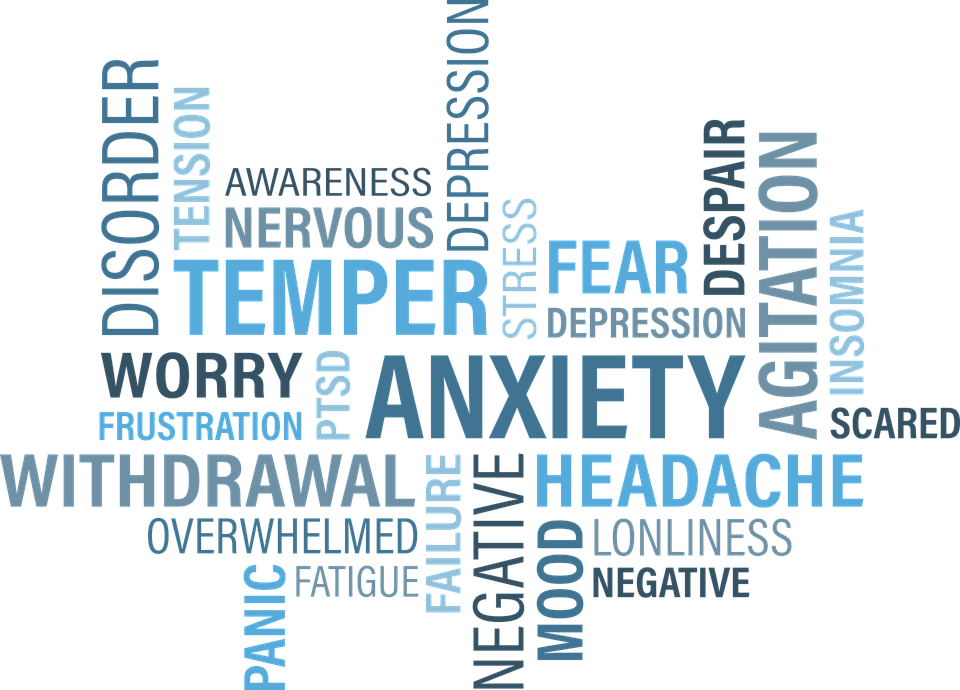For nearly as long as there has been an internet, there has been the concept of e-counseling. The history is quite interesting. Starting with support groups among the slowly growing number of users, the idea of receiving mental health counseling, diagnosis and even treatment without having to see someone face to face was interesting, exciting and maybe even a little frightening to some.
In those early days before virtually everyone was connected, the available counseling tended to come in form of questions asked by doctors on a volunteer basis. Sometimes these questions were answered for free and at other times the service was available by fee. It was during this time period that universities started offering services that allowed students to send emails to trained professionals and ultimately receive answers back. That service grew and extended beyond just the university setting so that people of all walks of life could reach crisis counselors via email.
The Progression
The next step in the evolution came with the formation of e-clinics. This allowed people who may have never found their way to a counselor the chance to receive mental health support. But, it wasn’t just clients who were benefiting from these clinics. Therapists who had considered utilizing the budding field of e-counseling were now able to join the virtual staffs without needing to worry about the expense of starting one on their own. It was akin to joining an established practice without having to worry about the crippling overhead costs. This allowed them to focus on therapy and actually working with clients.
Online counseling settled in and became a service that could be used alone or in tandem with traditional therapy. Some counselors found that they could touch on a topic but really get their client to open up through non-traditional methods like email, chat or even with video phone calls. For their part, the therapist would be able to treat more people without having to work them in to already busy schedules. They could read through the emails and decide which ones needed immediate response and which could wait for a quiet moment during the day. Many therapists now make sure that their clients have access to all forms of crisis counseling including via email or other online services so that they know they have options to turn to when they are struggling.
Like other forms of therapy, e-counseling continues to evolve and look for new ways to expand and perfect treatment, as well as ways to reach more and more people overall. In addition to the websites that are available for free and for fee, there are phone apps and services that puts the power of therapy right at the literal fingertips of users. Like other types of e-counseling, these services can be free or may charge a monthly fee for a set amount of access. Apps that help with therapy like calming mantras for people with anxiety are also being released and with each success comes the possibility of even more services. More people will be served, and the mental health industry will continue to grow and change to keep up with increasingly modern ideals.
Related Posts












